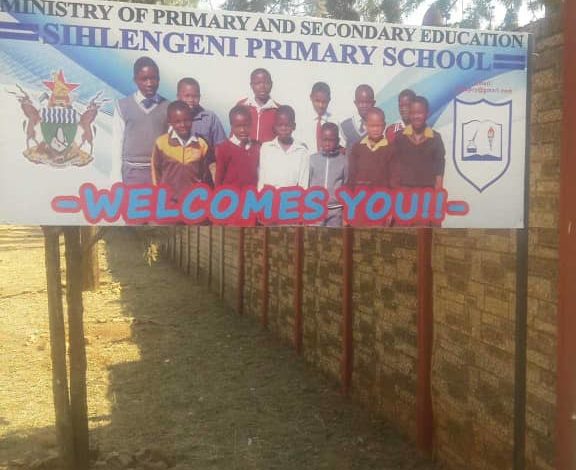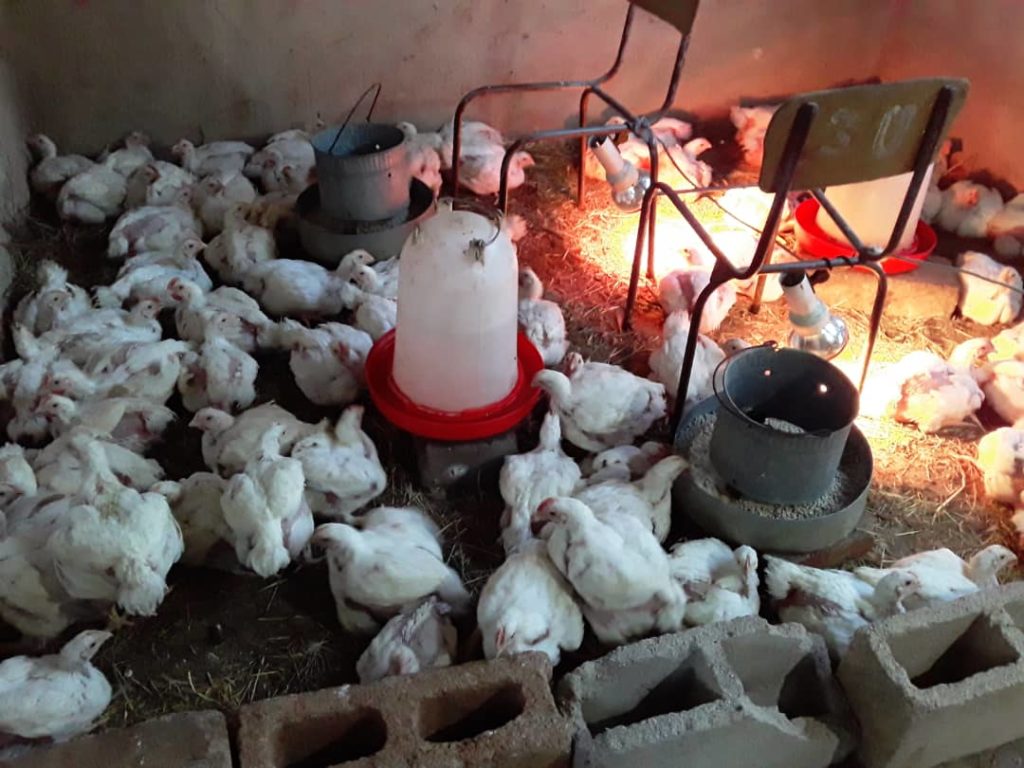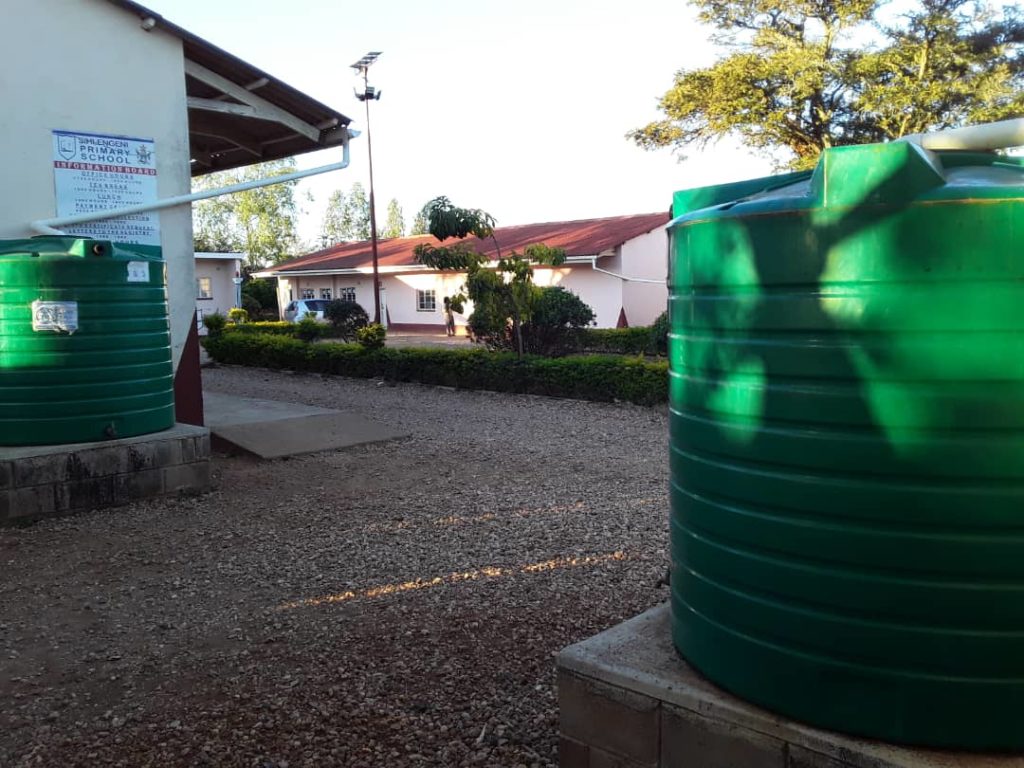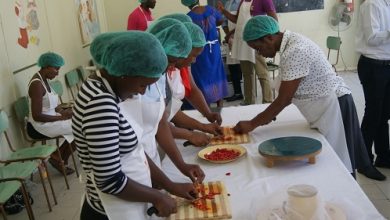
By Andile Tshuma
THE Covid-19 pandemic has left a dent in the education system globally with Africa having been the hardest hit.
Zimbabwe has not been spared, and the pandemic is threatening to undo decades of progress in strides towards better educational opportunities for learners.
The effects are particularly detrimental for rural learners, as the pandemic has stalled rural schools development in the country.
According to UNICEF Zimbabwe, the combined effect of the humanitarian crisis and the COVID-19 pandemic is expected to have far-reaching implications for the demand and supply of education services.
The 2020 Education Cluster Report states that prolonged school closures are likely to have a major and negative effect on children’s learning, physical, social and mental health and well-being threatening hard-won educational achievements for years to come.
Despite the challenges, some school initiatives in Matabeleland South are keeping the fire burning and protecting the efforts made in improving the state of school facilities for rural learners.
Walking through the gates of Sihlengeni primary school opens one forgets the school is hidden in the thickets of a rural set up.
The school, located in Siphezini, Umzingwane is a beacon of hope to hundreds of pupils in the area and thousands of parents.
Called by UNESCO, an oasis in a desert, the school is indeed befitting of the name as the plush green is in contrast to the very dry arid conditions and bare soils in the surrounding areas.
The lush green is a result of a 26-year-old project started by the school head, Sibanga Ncube in 1995, who says he felt a cowrie of hope from seeing a few eucalyptus trees growing on the school grounds.
Despite them being the only sign of green life, that did not deter him from an ambitious project, which saw Esihlengeni primary school scooping the global UNESCO-Japan sustainability project with a monetary prize of USD 50 000 in 2017.
The prize recognised the school’s permaculture project, under the Education for Sustainability project run by UNESCO and Japan.
Permaculture uses the principles of Education for sustainable development to provide quality education as well as increased access to a clean environment, food and water.
The school has helped to grow the economy of the area. Parents and other community members have benefitted from skills exchange programmes where they have learnt how to rear pigs, poultry and goats for their sustenance and some for commercial purposes.
Some schools have been bringing both pupils and teachers alike, to come and learn about the project taking place at Sihlengeni, for implementation back home.
However, these projects have been halted by the Covid-19 pandemic, with the last exchange programme having been before the virus hit the country last year.
Ncube, the school head reminisces as he takes the CITE news crew on a tour of the school projects. He narrates about the journey to Paris, to receive the sustainability award during the 39th Session of the UNESCO General Conference, and how it proved that his dreams for rural schools in Matabeleland were valid.
“I started these projects in 1995, from bare ground to thick forest conservancies and very fruitful orchards with oranges, apples, guavas, mangoes, amongst other trees, as well as sustainable poultry and piggery projects. It has been an interesting journey and the teachers at the school have shared in the enthusiasm,” he said.

The school is a two-time winner of the National Secretary’s bell award, with the latest award having been won in 2016.
“It’s not just about the school going green and adopting the smart cities project, and permaculture and sustainability, this is a movement to mould a pupil who is aware of the environment and what a good give and take relationship with nature looks like. I am proud that since 1995, the school has groomed sustainability champions whom I hope are making a difference and continue to take care of the environment while also making a livelihood out of sustainable use of natural resources,” said Ncube.
While the pandemic has forced the school to downsize its operations, they have not closed completely. The school normally has 500 birds including free range chickens, popularly known as road runners, layers, as well as broilers. At the moment, about 200 birds are being tendered, at different stages. 10 pigs are currently in the pens, together with some goats.
A fishery project is also shaping up in a pond. The school has a herb garden where they grow various medicinal herbs for use and for sharing, such as lemon grass, mint, parsley, ginger and garlic among others. It had a bee keeping project, however it stopped functioning owing to lack of human resources during the pandemic.
Every classroom block has a jojo tank for water harvesting and the water is channelled to gardens and for other uses at the school.

“The main lighting for the school courtyard is solar powered as the school is looking into sustainable energy sources, and the school head shared that before the onset of the pandemic, there were plans to venture into biogas power generation and to increase the use of solar power. The plans are to eventually wean off the school from the power grid and be on grid only in emergencies,” said Ncube during the tour.
UNICEF reports that Covid-19 related school closures have disrupted the education of more than 4.6 million children, with adverse impacts on the protection and wellbeing of children as well as their readiness for school, attendance and participation in learning.
Matabeleland South provincial education director Lifias Masukume lamented the challenges brought by Covid-19 in the province but commended some districts for pulling resources together to ensure that schools could run.
“Nobody foresaw this situation and just like other provinces in the country, Matabeleland South was also badly hit. Some districts had more damage than others. We are still trying to build back better. I must however say that Insiza district did very well because of the relationships between communities and their schools. The communities really saved the day as they took care of schools even during the long months of lockdown, last year. School properties were protected and not vandalised,” said the PED.
“The story of Sihlengeni primary school is pleasing and inspirational. It shows you what shapes up when there is community ownership of the school and projects, the community is proud of that school, and it has such a dedicated team of staff starting from the school head himself. The fact that it is improving the economy of the area through projects that are being implemented after skills sharing shows that this is something that can be rolled out at the whole province, if not nationally.
His sentiments were in line with Primary and secondary education minister’s Cain Mathema stance that schools must be productive centres of excellence that are into commercial production.
Sinikiwe Mthethwa (43) a community member of Siphezini and a parent of a grade 5 pupil at the school, says she learnt to grow road runners and broilers at the school and is now sustaining her family from the business.
“I used to struggle to pay fees, however, I was offered a place at the skills programme and after 3 weeks, I started my own venture with a neighbour. My husband benefitted from the beekeeping course, I do not think I will struggle with fees again. This school is not only promising a better future to our children, but it is also giving us parents a lifeline too,” said Mthethwa.
Dingani Nkala, a shop keeper at Sihlengeni shopping centre said getting farm produce and other supplies during the lockdown was difficult, and he got some of his stock from the school or from the parents running cooperatives formed from skills training at the school.
“The first 21 days of the lockdown last year were tough, people could not go to town, when I ran out of some supplies, I ordered eggs, chicken, vegetables, peanut butter, marmalade jam from the locals, while I bought pork meat from the school for family consumption. When the school slaughtered for sale, many people benefitted and luckily there was almost always enough to go round. If it ran out, they slaughtered another pig, and sold the meat as the people could not go to town. When we ran out of money I started exchanging my poultry feed for chickens and eggs with the community and that barter trade kept us all going,” said Nkala.
According to the Zimbabwe Education cluster report of 2020, the education system in Zimbabwe was already stretched before the COVID-19 pandemic as a result of multiple crises, including the impact of Cyclone Idai in 2019, the economic crisis coupled with hyperinflation and drought before the last rain season’s good rains.
“Before the onset of the COVID-19 pandemic, estimates by the Education Cluster were that of the more than 3.4 million children of school-going age (3 to 12 years), at least 1.2 million (35 per cent), would need emergency and specialized education services in 2020. This includes more than 853,000 children in acute need, such as children not enrolled in school; orphans and other vulnerable children (OCV), including children with disabilities and children living with HIV; and those in need of school feeding,” reads the 2020 education cluster report.
Prolonged school closures will likely exacerbate existing vulnerabilities and inequalities among children, especially girls, children with disabilities, those in rural areas, orphans and vulnerable children, as well as those from poor households and fragile families.
While school closures have increased the risk of some learners permanently dropping out of school, opening schools in a context of increasing cases loads and without a well-resourced health response also represents major health risks for children, teachers and school communities.
To add to these challenges, schools, which traditionally fund their daily operations from user fees will likely be resource-constrained because of the inability of parents to pay school fees and the increased burden of operating schools.
While the picture on rural schools in light of the pandemic seems gloomy it is initiatives such as that of Sihlengeni Primary school that give hope in the future of rural schools in Zimbabwe.






